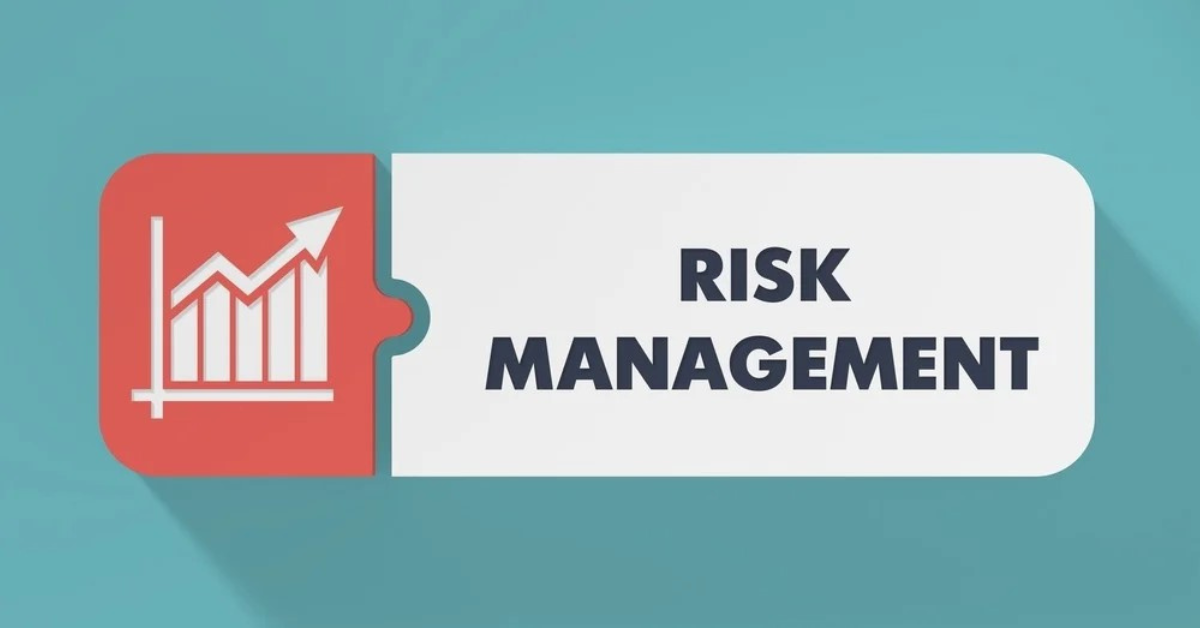Ever sign a contract and see something about "limitation of liability"? Don't worry if it confused you. Many small business owners scratch their heads over this one. Let's break it down in simple terms.
What’s limitation of liability in a contract?
A limitation of liability clause is a part of a contract that sets a limit on how much money someone owes another person if they breach the contract. It is a cap or a limit on damages.
Business owners use the clause to decide who will take on what risks. It also gives each party certainty about what their downside is if the deal goes bad.
There are both positives and negatives to limiting liability:
- Positive: It can protect you from huge losses
- Negative: It limits how much you can recover if someone breaches the agreement
How it works
Let's say you run a bakery. You sign a contract to deliver 1,000 cupcakes for a big event. The contract has a limitation of liability set at $5,000.
Something goes wrong and you can't deliver the cupcakes. Because the contract had a limitation of liability clause your maximum responsibility is $5,000.
Without this clause, you could be on the hook for much more.
Why it’s important
Managing risk is important for any business. But it is crucial for small businesses.
Limiting your liability makes risks more predictable and manageable.
When you box in your possible responsibility, you can see it, measure it, and plan for it.
That helps you:
- Set aside the right amount of money for emergencies
- Price your services appropriately
- Get the right insurance coverage
- Sleep better at night!
What to watch out for
Limiting liability sounds great! Sign me up!
It may sound easy. But you need to be sure the clause is providing the protection you want and need.
Here are some things to consider:
- The amount: Make sure the amount is fair and provides enough protection.
- What it covers: Make sure you understand what types of damages are covered by the clause. Many contracts have different limits for different types of damages. And some contracts exclude whole categories of damages all together. You will want to make sure that the language is in line with your risk tolerance.
- Exceptions: You need to be sure you understand and identify any exceptions. Many contracts have exceptions for situations like fraud and a party’s indemnification obligations.
What to do
- Read carefully
- Think about your risks
- Decide which risks you are willing to accept
- Negotiate if needed
- Ask for help
If you're unsure about something, it's always smart to chat with a small business attorney.
They can help you understand what risk you’re taking on. And they can point out if you’re missing anything.
Taking the time to understand your liability limits today can save your business from headaches tomorrow.
Did you find this article helpful?
Share it!
Disclaimer: The information contained in this article has been prepared by Small Business Legal Solutions LLC for general informational purposes only. Nothing in this article is intended to constitute legal advice on any subject matter. The materials in this article are not intended to and do not create an attorney-client relationship. Do not act or refrain to act based on any information contained in this article without first personally consulting with an attorney. Every circumstance is different and must be judged on its own merits.

